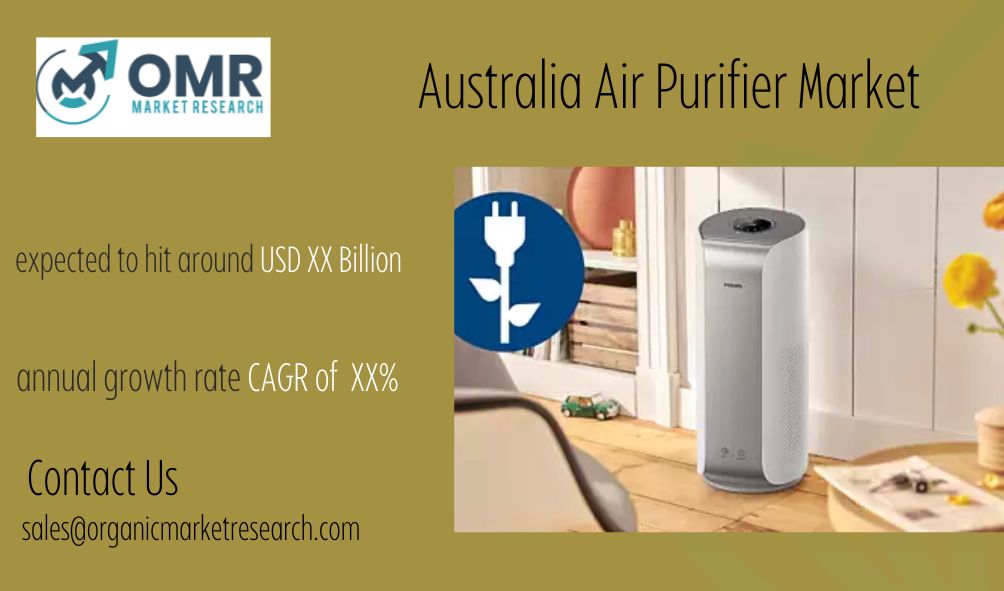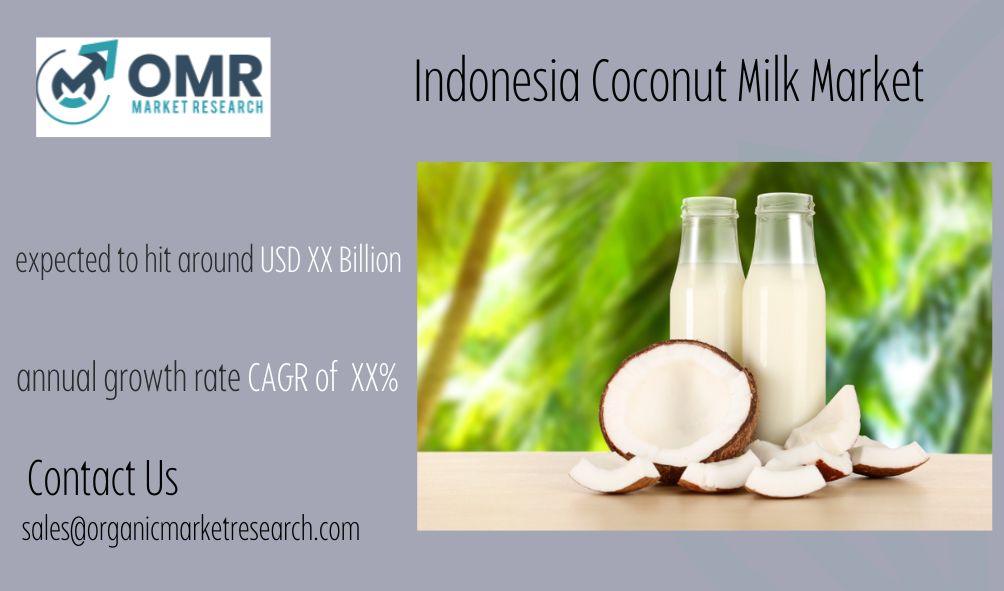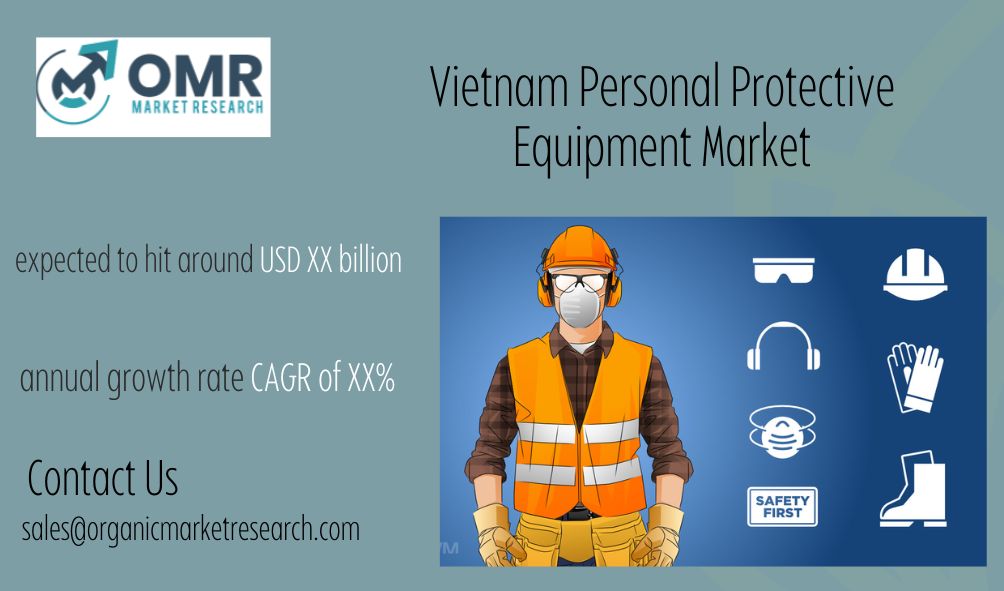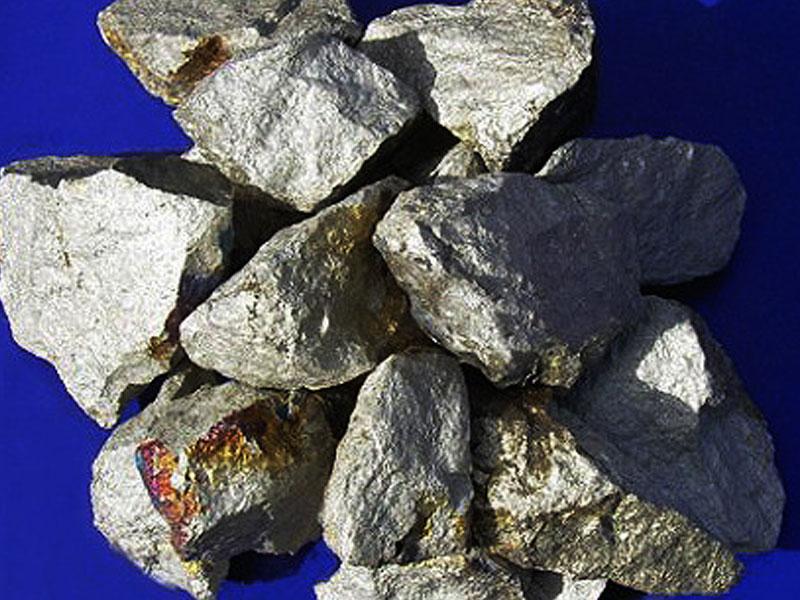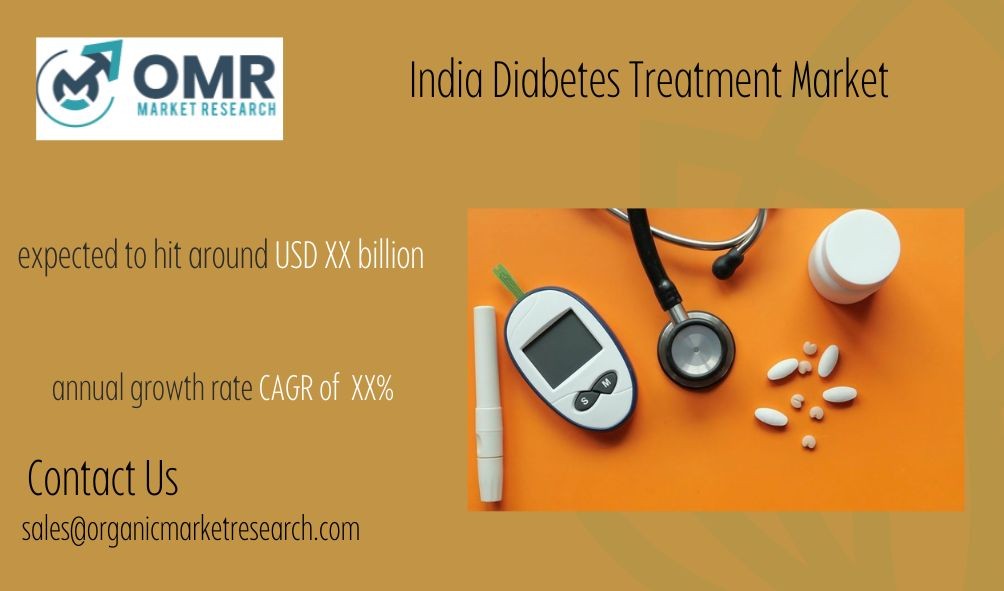Global Vanadium market size was USD 2.74 billion in 2023 and the market is projected to touch USD 3.43 billion by 2032, at a CAGR of 3.0 % during the forecast period. Vanadium prices are expected to rise over the coming years due to increased output of crude steel brought on by demand from the building, transportation, manufacturing, and automotive markets. Vanadium is primarily used as an alloy to increase the strength, resilience to abrasion, and durability of steel. Growing demand for robust steel in the construction, automobiles and aerospace industries is propelling the global vanadium market. Growing infrastructure and manufacturing investments by nations and businesses are predicted to drive up vanadium demand.
Energy storage systems use vanadium redox flow batteries (VRFBs), of which vanadium is a crucial component. The demand of large-scale, effective energy storage solutions is growing as with the shift to renewable energy sources. Vanadium is an essential element of the emerging clean energy economy because VRFBs are particularly well-suited for grid storage because to their scalability, endurance, and extended discharge period. This shift is a significant driver of the vanadium market’s expansion as energy storage technologies become more and more significant.
The anticipated barrier to market expansion in the upcoming years is the volatile nature of vanadium pricing. Changes in the dynamics of demand and supply can have a major effect on vanadium prices because the steel industry is the largest consumer of vanadium. Such price variations could be a source of unease for producers and investors in long-term vanadium-related activities and investments. Forecasting and planning become increasingly difficult for people working in the vanadium value chain due to this uncertainty.
Countries Covered
U.S., Canada, Mexico, U.K., Germany, France, Italy, Spain, China, India, Japan, South Korea, Australia, Brazil, Argentina, GCC Countries, and South Africa, among.
Global Vanadium dynamics
The factors influencing the dynamics of the Global Vanadium market include regulatory mandates, technological advancements, and increasing industrial safety awareness. The market for vanadium goods is significantly expanded by the nuclear energy industry. Vanadium alloys are very valuable in nuclear energy due to of their excellent temperature & corrosion resistance as well as their low neutron absorption capabilities. Because of these characteristics, alloys based on vanadium are perfect for use in nuclear reactors, especially for building pressure vessels and other structural elements. Vanadium alloys’ long service life is increased by their capacity to tolerate the severe operating conditions found within nuclear reactors without suffering appreciable degradation, which raises the general safety and effectiveness of nuclear power plants.
Global Vanadium drivers
Growing Demand for High-Strength Steel in Construction and Infrastructure
In order to improve the strength, hardness, and wear resistance of steel, vanadium is frequently employed as an alloying element in steel manufacture. The infrastructure and construction sectors are the main users of high-strength steel, particularly in developing countries that are quickly industrializing and urbanizing. Due to countries investing in building skyscrapers, bridges, and transportation networks, the market for vanadium is growing and so is the need for steel that has been infused with vanadium.
Rising Interest in Vanadium Redox Flow Batteries (VRFBs) for Energy Storage
A steady and uninterrupted power supply is becoming more and more dependent on effective energy storage technologies as the world moves toward renewable energy sources like solar and wind. Because of its lengthy life cycles, large-scale energy storage capacity, and capacity to store renewable energy, Vanadium Redox Flow Batteries (VRFBs) are becoming more and more popular.It is anticipated that as the use of renewable energy systems increases, particularly in regions focused on decarbonization, vanadium will become in addition to demand for energy storage applications. This will improve the market.
- Restraints:
Volatility in Vanadium Prices
Vanadium is a highly volatile commodity whose supply is concentrated in a few nations (South Africa, China, and Russia) and its production is very small. This instability can be impacted by shifts in production, fluctuations in demand, particularly from the steel industry, and changes in geopolitical events. Elevated price fluctuations could cause unpredictability for end users, which would complicate industry planning and budgeting for vanadium purchases. This volatility could discourage some potential customers and stop the market from expanding.
Environmental and Regulatory Challenges
Hazardous waste production, habitat damage, and water contamination are just a few of the negative effects that vanadium extraction and processing may have on the environment. Vanadium mining activities are subject to heightened scrutiny and rising compliance costs as global environmental standards become more stringent. The price of reducing these environmental problems may slow down the development of new vanadium mines and diminish profitability in areas with strict environmental rules. This can restrict the total amount of vanadium available and impede the market’s expansion.
- Opportunities:
Rising need in Vanadium Redox Flow Batteries (VRFBs)
Vanadium has a lot of potential since vanadium redox flow batteries (VRFBs) are a large-scale, long-duration energy storage technology that is becoming more and more popular. Due to their long lifespan, scalability, and ability to deliver steady power for extended periods of time, these batteries are especially well-suited for renewable energy applications requiring energy storage. The expanding global focus on renewable energy, especially wind and solar power, is driving up demand for efficient energy storage devices, and VRFBs have been identified as an important development area for vanadium.
- Segment Overview
By Vanadium Type, The Vanadium market is segmented into Vanadium Pentoxide, Vanadium Ferrovanadium, Aluminum-Vanadium Alloys, Vanadium Chemicals, Others. The vanadium pentoxide segment is expected to lead the vanadium market over the course of the projected period. High-strength steel, which is utilized in manufacturing, infrastructure, and building applications, is made using vanadium pentoxide. Steel becomes stronger, more resilient to corrosion, and more durable. The anti-tumor and anti-diabetic characteristics of vanadium pentoxide are used by pharmaceutical companies as possible treatments. Over the duration of the forecast period, the vanadium market is anticipated to develop at the fastest rate in Vanadium Ferrovanadium. The government’s focus on building and improving infrastructure, including as roads, bridges, & dams, is creating a growing demand for steel, that is supporting the expansion of the ferrovanadium market. In order to increase the metal’s flexibility, strength, abrasion resistance, and hardness throughout the steel-making process, ferrovanadium is a significant alloy. For instance, it is anticipated that the 2021 New Steel Policy of the Indian government, which mandates that the steel sector reach 300 MT of steel production capacity by 2030, would assist market expansion.
By Grade Type, The Vanadium market is segmented into FeV40, FeV50, FeV60, Others. The FeV80 segment is expected to hold the most market shares over the expected period of time. FeV80 has the greatest vanadium content at 80%, which makes it more useful in the steel sector and propels market expansion. Increasing the vanadium content of steel improves both its yield strength and tensile strength while promoting grain refinement. The World steel Association reports a 3.4% increase in crude steel output. The demand for ferrovanadium, that is required to improve steel’s strength, flexibility, and corrosion resistance, rises as crude steel output rises.
Click: https://organicmarketresearch.com/global-vanadium-market
Global Vanadium Overview by Region
Vanadium market demand is mostly driven by the aerospace and defense industry in North America. This industry has a need for high-strength steel alloys. Large-scale energy storage systems, one of the green energy solutions that the region is becoming more interested in, can be made possible by the unique properties of vanadium. One of the major users of vanadium worldwide is the United States, where demand is rising from the steel, construction, automotive, & energy sectors. Particularly remarkable technological advancements in vanadium batteries position the United States as a leader in sustainable energy storage technologies. Asia Pacific’s vanadium market is expanding as a result of the region’s rapidly industrializing nations, particularly China and India, increased crude steel output, and the construction industry’s notable rise. The growing energy storage industry in the region, which makes use of vanadium redox batteries, is another factor driving demand.
Global Vanadium market competitive landscape
Leading companies such as AMG, Aura Energy Ltd., Australian Vanadium Limited, Bushveld Minerals, EVRAZ plc, Glencore, HBIS Group, Largo Inc., Pangang Group Vanadium and Titanium Resources Co., Ltd. and Vanadium Resources Limited. The market for vanadium will rise as a result of major corporations investing heavily in R&D to extend their product ranges. Furthermore, market players are engaging in a range of strategic activities aimed at expanding their worldwide reach. Novel products entering the market, legally binding contracts, mergers and acquisitions, increased investment amounts, and collaboration with other organizations are all significant advances. In order to survive and expand in the difficult and cutthroat market of today, the vanadium sector needs to supply goods at fair prices.
Contact Us:
Mob : +91 9319642100
Noida One Tower Sec 62 Noida 201301
Sales : sales@organicmarketresearch.com
Website : https://www.organicmarketresearch.com


